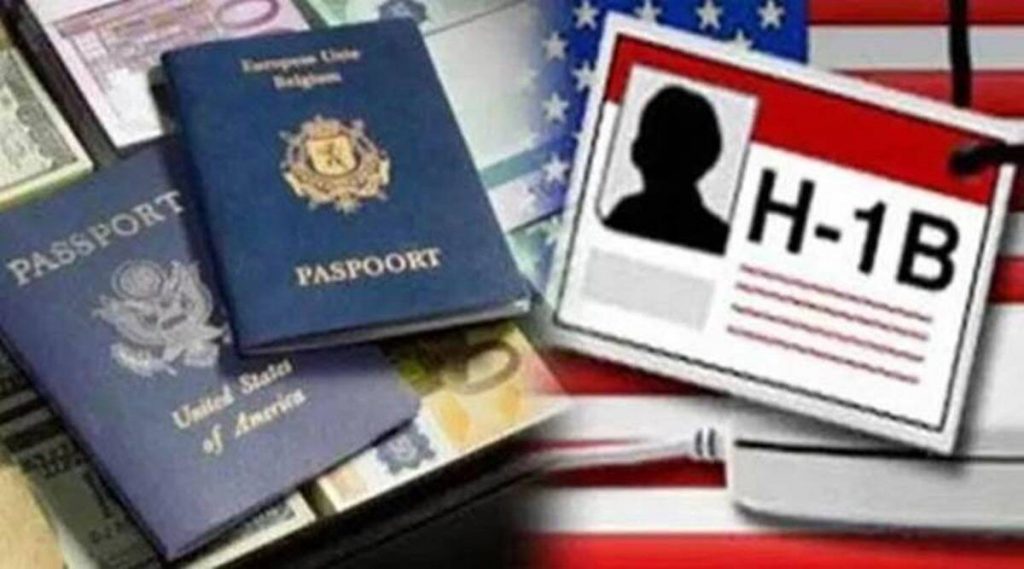Virendra Pandit
New Delhi: India’s USD 194 billion information technology sector, which has extensively used the USA’s H-1B visas to scale these heights, was on Thursday delighted with the Biden Administration removing curbs former President Donald Trump had attempted to introduce.
The US government removed a Trump-proposed regulation that sought to narrow the definition of “specialty occupation” under the H-1B visa regime. The fresh move has come as a relief for the Indian IT companies which are among the largest users of such visas to expand their footprint in America and elsewhere.
According to media reports, quoting immigration law firm Fragomen, “The Department of Homeland Security (DHS) has formally vacated a regulation that would have redefined the H-1B specialty occupation, restricted off-site placement of H-1B employees, and otherwise increased employer compliance obligations. The vacatur follows a federal court ruling that set aside the regulation because the agency did not have good cause to bypass notice and comment rulemaking, in violation of the Administrative Procedures Act.”
On Tuesday, the legal immigration agency US Citizenship and Immigration Services (USCIS) said the DHS issued a final rule that removes an interim final rule (IFR) issued in October 2020, which has since been vacated by a federal district court, from the Code of Federal Regulations (CFR).
The H-1B visas allow highly skilled foreign workers to travel to the US. It became a major issue since Trump’s presidential campaign in 2016. As part of his “Make America Great Again” campaign, his administration proposed several changes to the program so as to restrict foreign workers from entering the US using this visa.
The DHS had also introduced changes to the H-1B visa program, including revisions to the regulatory definitions of “specialty occupation” and the employer-employee relationship and reductions to the validity period for H-1B workers employed at third-party job sites from three years to one year.
Some in the US held that Indian firms misused the H-1B visa lottery system. The Trump Administration had made amendments that would raise compliance costs for companies.
The US District Court for the Northern District of California had, in December 2020, blocked two IFRs proposed by the DHS and Labour Department to restrict the ability of US firms to hire foreign-born employees on H-1B visas.
The DHS IFR was set to come into effect on December 7, 2020, but could not due to this ruling while the Labour IFR is no longer in effect.
The Labour Department had also delayed a regulation that would raise prevailing H-1B and other visa wages from May 14, 2021, to November 14, 2022.
“By reinstating the prior regulatory language, DHS is putting to rest the Trump-era regulation. However, the Biden administration may propose its own regulatory changes to the H-1B program in the future,” said Fragomen in a note.

